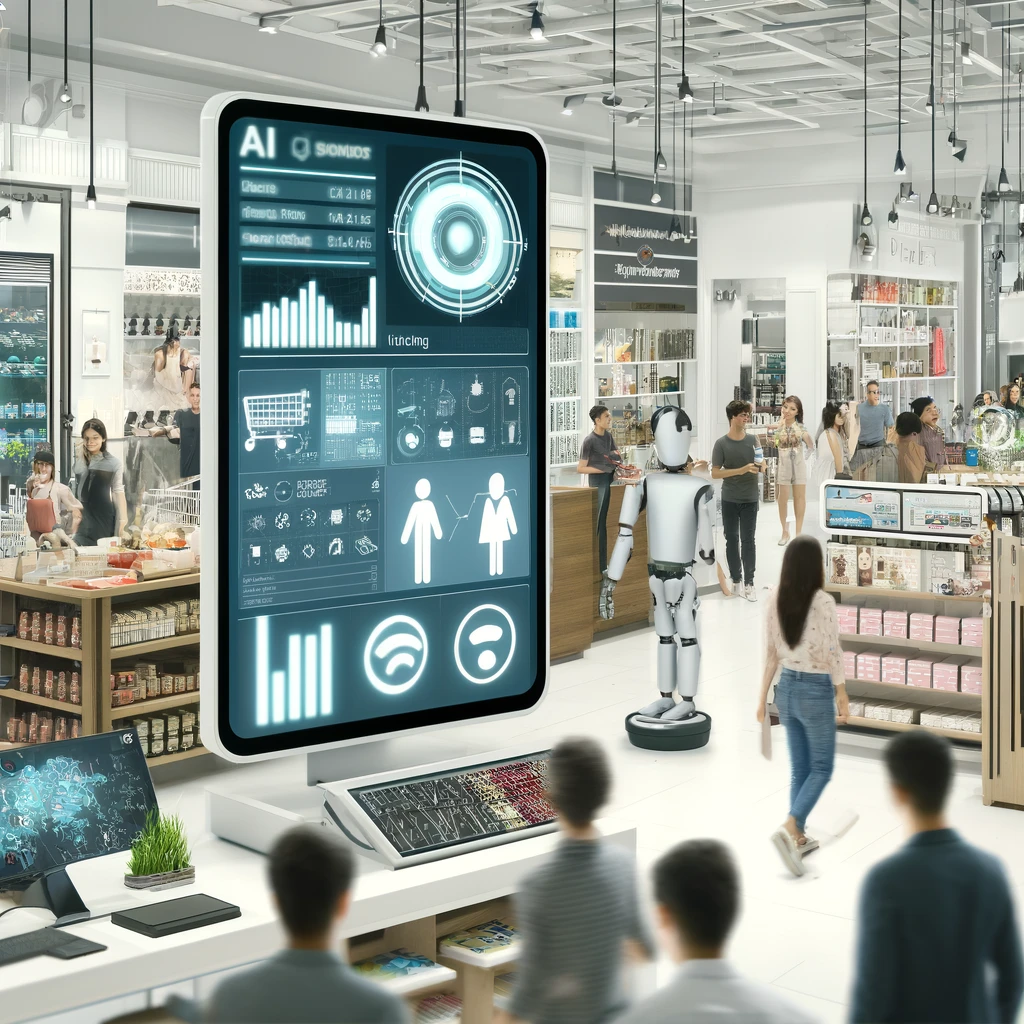AI Solutions Go Global
On the forefront of this technological wave is the retail technology startup, DeepingSource, which recently announced its expansion into Japan with its advanced ‘Store Caring Solution.’ This AI-powered tool monitors retail spaces in real-time, alerting staff to issues like low stock or disorganized displays. The company’s CEO, Tae-hoon Kim, emphasized that their goal is to accelerate digital transformation in the Japanese retail sector.
Enhancing Privacy and Accuracy
DeepingSource has made significant strides in addressing privacy concerns while improving data accuracy. Their technology anonymizes individuals in surveillance footage, ensuring privacy, yet is capable of extracting valuable data such as age, gender, and shopping behavior. This allows for personalized promotions and improved customer service without compromising individual privacy.
Vision AI: A New Standard in Retail
Vision AI technology, which analyzes visual data to make automated decisions, is becoming a staple in the retail industry. Another startup, FindersAI, supports unmanned store operations by using vision AI to handle checkouts without the need for barcode scans. This system identifies the products customers intend to purchase and processes transactions instantly, enhancing the shopping experience.
Innovative Applications at Starbucks
Starbucks is also embracing vision AI with its ‘Third Eye System,’ piloted in select locations. This system uses CCTV footage analyzed by AI to manage store cleanliness and monitor customer density, which helps in optimizing staff deployment and improving service.
Privacy Concerns Amidst Technological Advancements
Despite the benefits, the use of surveillance-based AI in retail raises privacy concerns. Critics argue that such systems could infringe on personal privacy, citing discontent in countries like France and the UK where AI-powered CCTV is prevalent.
Conclusion
As AI continues to evolve, its integration into offline retail shows promising benefits in operational efficiency and customer satisfaction. However, it also poses ethical questions regarding privacy. Businesses must navigate these challenges carefully to fully harness the potential of AI in retail while respecting consumer rights.

This exploration into the AI revolution in retail illustrates both the immense potential and the challenges of adopting such advanced technologies in traditional settings.
Nexon’s “Dave the Diver” Wins Game Design Award at the BAFTA Game Awards
Hi, I’m [jeybee]. As a long-time resident of Seoul, I’m passionate about uncovering the authentic, everyday magic of Korea. This blog is my way of sharing my favorite spots, tips, and cultural insights with you, beyond the usual tourist traps.

